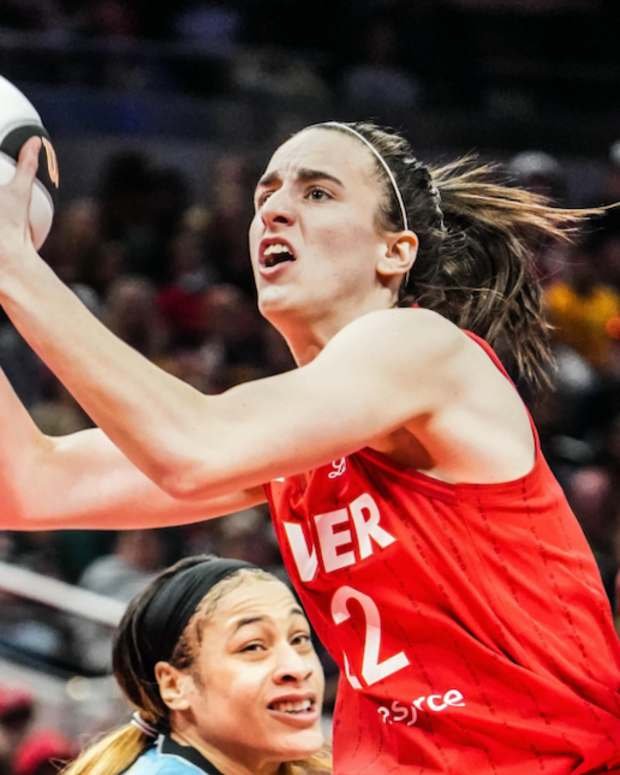
In the aftermath of the Caitlin Clark controversy, Colin Cowherd made a bold statement on the state of WNBA coverage. While many criticized the mainstream media’s lack of attention to the league, Cowherd defended this stance, attributing it to popularity dynamics. He argued that coverage typically follows prominence, exemplified by his own shift towards discussing golf only after Tiger Woods’ rise. Cowherd sees Clark as a catalyst for increased WNBA interest, akin to Woods’ impact on golf.
Acknowledging the WNBA’s growth, Cowherd commended the league’s talent and style, which paved the way for players like Clark to capture attention. However, he didn’t shy away from criticizing the messy media coverage and the biases displayed, particularly by male commentators. Cowherd’s message was clear: the issue lies not with the resilience of WNBA players but with the fragility of some in the sports media, struggling to adapt to the league’s rising popularity.
The turbulence surrounding the WNBA’s ascent reflects broader societal issues, with race, gender, and economics playing significant roles. Cowherd urged for a fundamental shift in how the media approaches women’s sports, emphasizing the importance of treating athletes like Clark as professionals. Yet, he noted the ongoing struggles within sports media to navigate these complexities, highlighting a disconnect between coverage and the reality of women’s sports.
Ultimately, Cowherd’s commentary serves as a poignant reminder of the challenges women’s sports face in gaining recognition and respect in the media landscape. As the WNBA continues to grow, his words echo the need for a more inclusive and informed approach from sports commentators, emphasizing the professionalism and talent of female athletes like Caitlin Clark.




